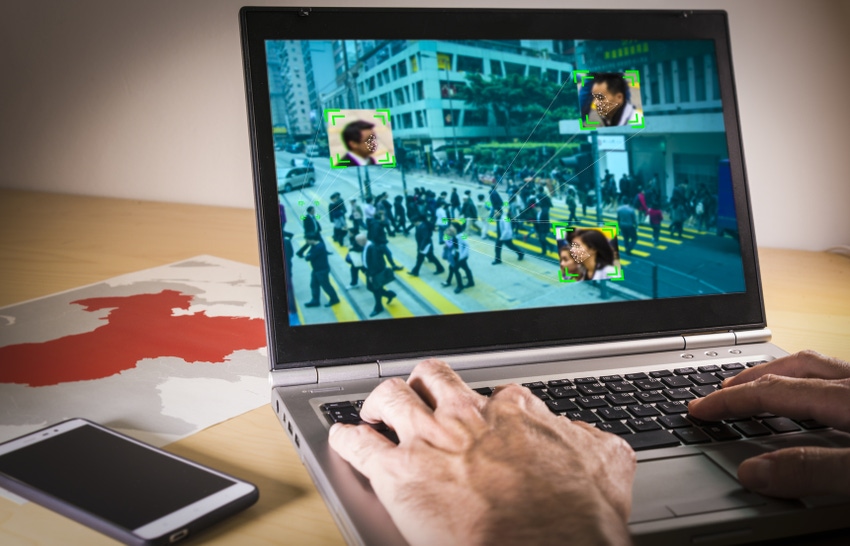A new law has come into force in China requiring all mobile phone users to submit a face scan, meanwhile the country is pushing to define global facial recognition standards.
December 2, 2019

A new law has come into force in China requiring all mobile phone users to submit a face scan, meanwhile the country is pushing to define global facial recognition standards.
The beeb is among the media reporting on this law, which was announced a couple of months ago and came into effect yesterday. The apparent reason given by the Chinese state for the law is, of course, to protect citizens. Having said that, other documents seem to reveal what is presumably the real reason, which is to ensure the Chinese state can track all mobile phone users through their verified identity.
The Chinese ruling elite aren’t big fans of public dissent and any other forms of public discussion they don’t control. There are already fairly severe restrictions on access to the internet from within the country, but they can presumably be circumvented to some extent using fake ID. On top of that China wants to use facial recognition to keep an eye on all its citizens all the time and even implement a social credit system to punish those who behave in ways it doesn’t approve of.
Not content with forcing all its citizens to submit their facial recognition ID to the state database, Chinese tech companies apparently want to take the lead in shaping facial recognition and general surveillance standards at the UN, according to the FT. Of course this could just be a coincidence, but China in general sure seems keen on this kind of technology these days.
The FT piece goes on to infer that this interest in shaping global surveillance standards could be part of the belt and road initiative, through which China seeks to extend its economic influence westward through central Asia, Europe, Middle East and Africa. The latter especially is inclined to just accept standards straight from the ITU, which is part of the UN.
While places like Hong Kong and Xinjiang serve to constantly remind us of the authoritarian nature of the Chinese state, the standard-setting issue feeds more into the global geopolitical tussle that is characterized by US accusations of foul play on the part of China and its commercial champions. On top of that is reminds us why the telecoms industry is as the center of both these issues and how the smartphone has already become the main tool used to monitor and manipulate people.
About the Author(s)
You May Also Like








.png?width=300&auto=webp&quality=80&disable=upscale)


_1.jpg?width=300&auto=webp&quality=80&disable=upscale)


.png?width=800&auto=webp&quality=80&disable=upscale)